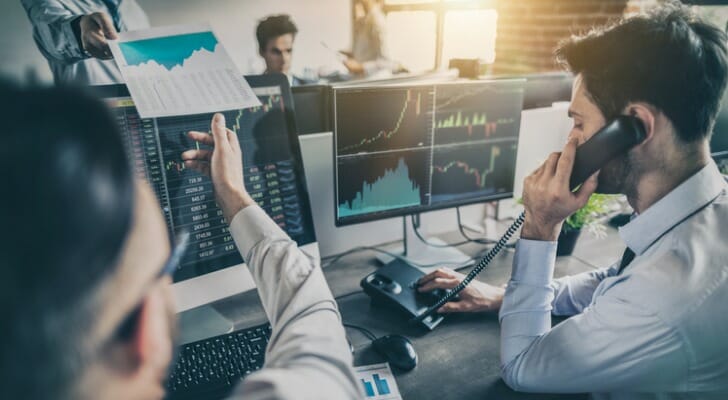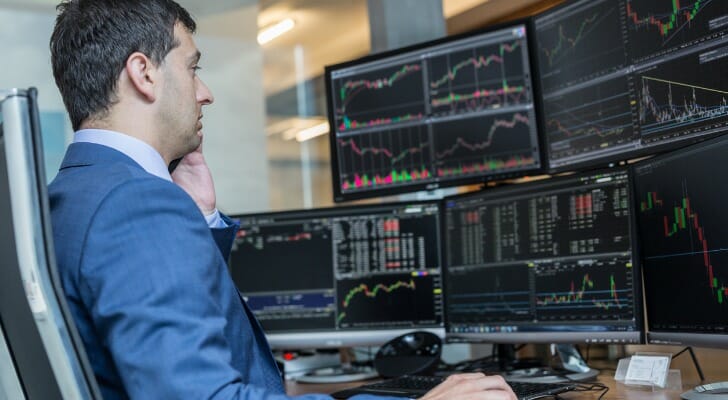
What Is The Difference Between Futures And Forwards?
Futures and forwards contracts (also called futures or forwards) are used by businesses and investors to hedge against risks or speculate. Among derivative assets that derive their value from underlying assets are Future contracts funding programs and forwards. Both contracts lock in a specific price for a particular asset, but there are differences between them.
Underlying Assets Types
Underlying assets typically fall into one of three categories:
Financial
Stocks, bonds, market indices, interest rates, currencies, etc. are all types of financial assets. Homogeneous securities are traded on well-organized, centralized markets.
Commodities
A few examples of commodities are natural gas, gold, copper, silver, oil, electricity, coffee beans, sugar, etc. The markets for these types of assets are less centralized than those for financial assets, making them less homogenous.
Other
Derivatives are used as hedges against events like natural disasters, rainfall, temperature, snowfall, etc. There is a category of derivatives that may not be traded at all on exchanges, but rather as private contracts.
Definitions
Forward Contracts
The forward contract is an obligation to purchase or sell an asset:
- A specified price (forward price)
- (At the expiration or maturity of a contract)
- Not typically traded on exchanges
Both the seller and buyer of forward contracts are obligated to fulfill their end of the contract when the forward contract matures.
Futures Contracts
- There are two main differences between futures and forward contracts:
- It is possible to buy or sell futures at any time (not just at maturity). Futures are settled daily.
Futures are typically traded on standardized exchanges.
Here are some key differences between futures and forwards:
Contract Example for Futures
In our hypothetical scenario, Ben’s coffee shop currently purchases coffee beans at a cost of $4 per pound. Ben’s can maintain healthy margins on its coffee beverage sales at this price. Ben however reads in the newspaper that cyclone season is approaching and this could lead to the destruction of coffee plantations. His concern is that this will result in an increase in the price of coffee beans and thus compress his margins.
Six months from now (in December 2018), you can purchase coffee futures for $40 per contract. Buying 1,000 coffee bean futures contracts (one contract = 10 lbs of coffee) costs Ben $40,000 for 10,000 pounds ($4/lb). In the absence of cyclones, industry analysts predict that technology will allow coffee producers to supply the industry with more coffee.



